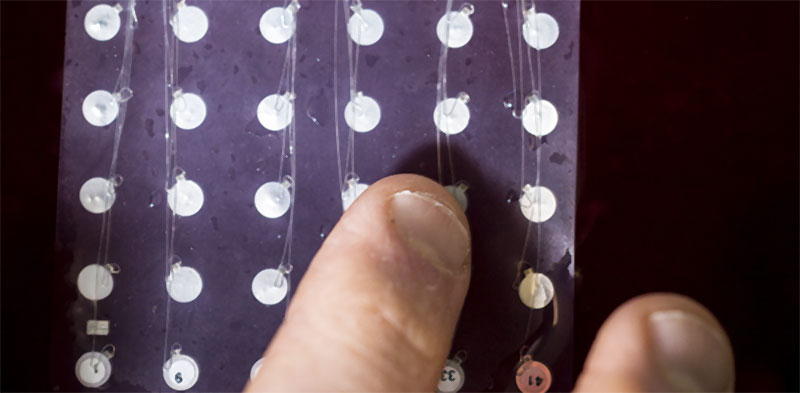
UW Bioengineering Ph.D. student Jeneva Cronin
In a recent article published on the Center for Sensorimotor Neural Engineering (CSNE)’s website, UW Bioengineering Ph.D. student Jeneva Cronin discusses efforts to restore tactile sensation in limbs for people who live with spinal cord injuries and amputations. Sensory feedback is key to identifying objects by touch, and to directing movement to manipulate objects, She also talks about why research in humans is key to advancing this work, and eventually, to creating technologies that improve quality of life for people living with sensorimotor challenges.
In UW’s GRID Lab, Jeneva and other UW researchers are examining ways to restore sensory feedback by using electrical stimulation. In 2016, Jeneva and her colleagues published results of a study where they successfully provided touch feedback to research participants. For the first time in humans, the researchers discovered that with this feedback, subjects were able to control their movement. The researchers’ findings are a first step towards development of “closed loop,” bi-directional brain-computer interfaces (BBCIs) that enable two-way communication between parts of the nervous system. BBCIs could allow the brain to directly control prosthetics or other devices that enhance movement, such as enabling a paralyzed limb to move again, while providing sensory feedback.



